Nobody really admits it, but being an unattractive guy comes with its own set of challenges that most people either don’t notice or pretend don’t exist.
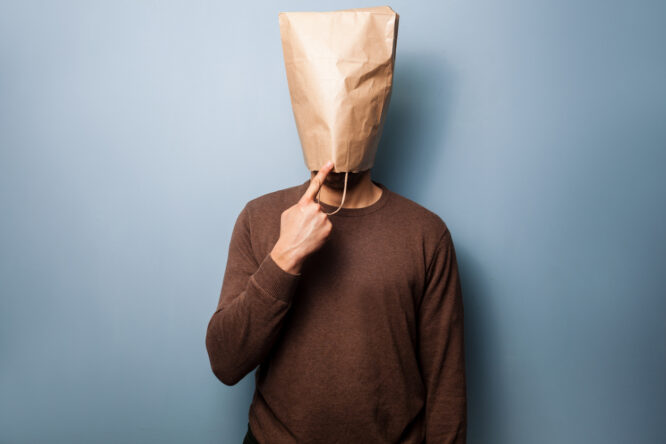
It’s not wallowing in self-pity or making excuses—it’s just the reality of how the world works when you don’t fit the conventional standards of male attractiveness (even though they’re complete nonsense). Some of these truths are pretty uncomfortable, and others might make you feel less alone if you’ve experienced them yourself. Understanding what you’re dealing with doesn’t mean giving up; it just means you know what the playing field looks like so you can figure out how to navigate it better.
1. Your personality has to work twice as hard to make an impression.
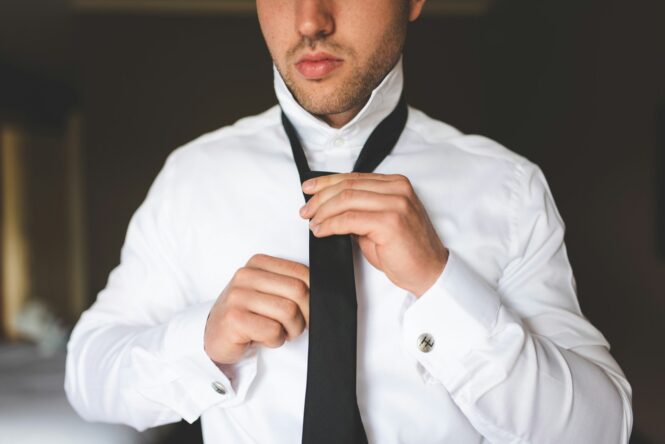
When you walk into a room, you don’t get that automatic interest that good-looking guys do. People aren’t immediately curious about you or eager to hear what you have to say. That joke that kills when your attractive friend tells it? Yeah, it might get polite chuckles at best when it comes from you. You’ve got to be genuinely funnier, more interesting, or more knowledgeable just to get the same level of attention that other people get for free.
The tricky part is that this can turn into a vicious cycle where you feel like you always have to be “on.” You might catch yourself working overtime to be the entertaining guy in every group, or feeling this constant pressure to have something clever ready. It gets exhausting, and sometimes you end up trying so hard that it backfires completely. Learning how to be genuinely engaging without seeming desperate becomes this weird skill you never thought you’d need to master.
2. People assume you’re less competent at work.

There’s actual research on this—people think attractive people are smarter and more capable, even when there’s zero logical reason for it. You’ll sit in meetings where your ideas get ignored until someone better-looking repeats the exact same thing. Clients might doubt your expertise right off the bat, and you’ll find yourself having to prove your competence more thoroughly than your colleagues who happen to have better genes.
Networking events can be particularly brutal because so much depends on that first impression. You’ll need to let your work do the talking, and it usually needs to talk pretty loudly before people start taking you seriously. The upside is that when you do succeed, it’s typically because you’re actually good at what you do, not because someone was charmed by your smile. Your wins tend to feel more earned, even if they’re harder to come by.
3. Dating apps are basically a nightmare.
 Source: Unsplash
Source: Unsplash Online dating is essentially window shopping for humans, and if you’re not easy on the eyes, you’re fighting an uphill battle from the start. It doesn’t matter how witty your bio is or how much thought you put into describing yourself—most people swipe based on photos, and that’s where you’re at a disadvantage. You’ll get fewer matches, and the ones you do get might not exactly be what you were hoping for.
The constant rejection can mess with your head pretty badly. You might be tempted to use heavily filtered photos or angles that don’t really represent how you look, but that usually backfires when you meet in person. You’re honestly better off being real about your appearance and focusing on meeting people through hobbies or activities where your personality can work its magic before looks become the main factor.
4. People remember your mistakes more clearly.

When you mess up socially—say something awkward, spill something, or have an embarrassing moment—people tend to file it away more permanently. That same mistake from a good-looking person gets forgotten or even turned into a charming story about how endearingly clumsy they are. But your blunders stick around in people’s memories like unwelcome houseguests.
This means you’ve got to be more careful about how you present yourself, which isn’t exactly fair, but it’s how things work. You don’t get as many second chances to make a good impression. On the flip side, this often makes you more thoughtful about how you interact with people, and the relationships you do build tend to be with folks who actually appreciate that kind of consideration.
5. Your successes get explained away.
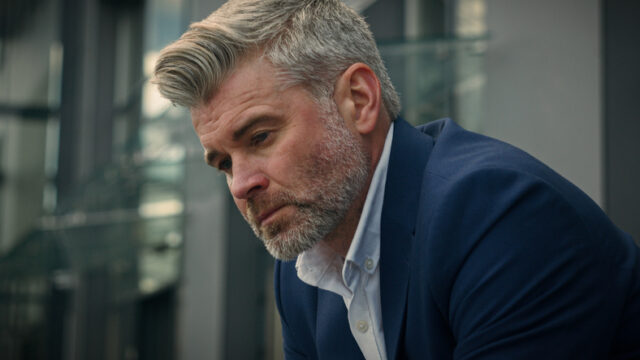
When an attractive person does well, people just accept it as natural. When you succeed, everyone becomes a detective trying to figure out the “real” reason. They’ll assume you must be incredibly smart, or that you knew someone, or that you worked way harder than normal people. Your achievements always come with an asterisk, as if there has to be some special explanation for why you got ahead.
Sometimes this works in your favour—people might assume you’re brilliant or extremely hardworking, which can open doors. But it can also make your wins feel hollow because they’re never attributed to you just being a capable, valuable person. You end up having to celebrate your successes pretty much alone because everyone else is too busy explaining them away.
6. You become invisible in group settings.

Parties, work events, casual hangouts—you’ll often find yourself standing alone while conversations flow around you. People naturally drift toward more attractive individuals, and you might struggle to break into discussions or find yourself slowly pushed to the edges of groups. It’s usually not intentional, but it happens often enough that you start to expect it.
This can make you want to either disappear completely or overcompensate by being overly aggressive about inserting yourself into conversations. Neither approach really works. You’re usually better off focusing on one-on-one chats where you can actually show who you are, or finding smaller groups where real conversation matters more than surface-level charm.
7. Your confidence gets questioned constantly.

If you display the same level of confidence that people applaud in attractive guys, you might get labelled as delusional or arrogant. There’s this weird expectation that you should be humble to the point of self-deprecation, grateful for any attention you get, and not too picky about anything—especially dating. Having standards or expressing confidence in your abilities can rub people the wrong way.
You’re walking this tightrope between healthy self-esteem and social acceptance. Too confident, and people think you’re out of touch with reality. Too humble, and you become a doormat that nobody respects. Finding that balance while maintaining your self-worth requires getting really good at validating yourself instead of waiting for other people to do it.
8. Some people literally don’t see you.

This one stings. Servers might take longer to notice you, potential dates will look right through you, and some people will actually interrupt you mid-sentence to talk to someone more attractive nearby. You become background noise in situations where appearance matters most. It’s like wearing an invisibility cloak you never asked for.
While this treatment is genuinely hurtful, it does serve as a pretty effective filter for shallow people you probably wouldn’t want to know anyway. The people who do see and value you despite societal beauty standards are usually the ones worth keeping around. It’s a harsh way to separate the wheat from the chaff, but it’s surprisingly effective.
9. You’re expected to compensate with money or status.

There’s this unspoken rule that if you’re not good-looking, you better make up for it with a fat wallet or impressive job title. People judge your worth based on external achievements more than your personality or character. You feel pressure to work harder, earn more, or climb higher just to be seen as a viable option, either romantically or socially.
This can lead you down some unhealthy paths, like becoming a workaholic or defining yourself entirely by your achievements. While success in these areas definitely doesn’t hurt, building your entire sense of worth on external stuff creates a pretty shaky foundation. You need some internal sources of confidence that don’t depend on your bank account or business card.
10. Your humour has to be self-deprecating.
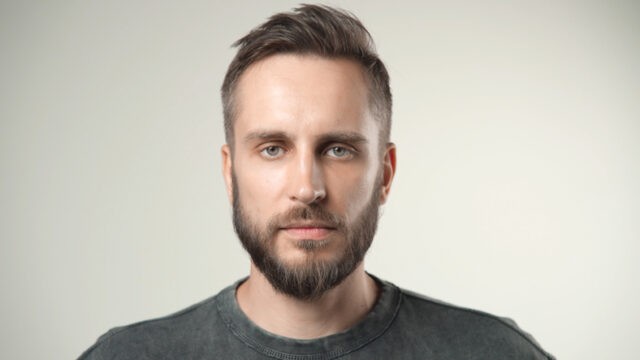
People expect you to be funny, but in a very specific way—you need to make fun of yourself before anyone else does. Confident or edgy humour might come across as presumptuous coming from you, while the same jokes would kill coming from someone more conventionally attractive. You’re supposed to acknowledge your shortcomings with a smile and a laugh.
Self-deprecating humour can be endearing and help people feel comfortable around you, but leaning on it too heavily starts to feel like you’re constantly putting yourself down. It’s important to develop a comedic style that doesn’t always make you the butt of the joke. Being funny without constantly diminishing yourself is a balancing act, but it’s worth figuring out.
11. People assume you’re desperate romantically.

There’s this pervasive idea that you should be grateful for any romantic attention and shouldn’t be choosy about partners. If you turn someone down or express preferences in dating, people react like you’ve lost your mind. You’re supposed to take whatever you can get rather than holding out for genuine compatibility or mutual attraction.
Friends might set you up with people they’d never consider good enough for their attractive buddies, or act shocked when you’re single by choice rather than circumstance. It’s important to remember that everyone deserves to find someone they’re genuinely excited about, regardless of what they look like. Settling for less than you want rarely makes anyone happy in the long run.
12. Your style choices get scrutinised harder.

When you’re not naturally blessed in the looks department, your clothing and grooming become even more important—but also more likely to be criticised. An outfit that looks effortlessly cool on an attractive guy might seem like you’re trying too hard when you wear it. You’re walking this fine line between looking sloppy and appearing like you’re overcompensating.
People feel free to comment on your haircut, your facial hair, or your general presentation in ways they’d never do with someone more conventionally attractive. The trick is finding a style that feels authentic to you while being well-groomed and put-together. Focus on clothes that fit well and suit your body type rather than chasing trends that might not work for you.
13. Everyone thinks they can fix you.

Friends, family, and even casual acquaintances feel entitled to offer suggestions about your appearance, dating life, or personality. They’ll recommend haircuts, wardrobe changes, or attitude adjustments with the assumption that you desperately need their help. While some advice might come from a good place, the constant stream of suggestions can feel pretty demoralising.
Most of this advice stems from people’s discomfort with your situation rather than genuine helpfulness. They want to “fix” you because your perceived disadvantage makes them uncomfortable. Learning to deflect unwanted advice while staying open to actually helpful suggestions requires developing some pretty strong boundaries and being clear about what changes you actually want to make.
14. Your fitness achievements get weird attention.

Getting in better shape as an unattractive guy often leads to disproportionate reactions from people. They’ll be overly congratulatory about weight loss or muscle gain, as if you’ve achieved something miraculous rather than normal self-improvement. The attention can feel patronising, like you’re a charity case who finally did something right.
People might also have unrealistic expectations about how much physical improvement will change your social or romantic prospects. While getting fit definitely doesn’t hurt, it’s not going to magically transform your entire life the way some people seem to expect. Managing those expectations, both your own and other people’s, becomes part of the process.
15. You’re judged more harshly for being single.
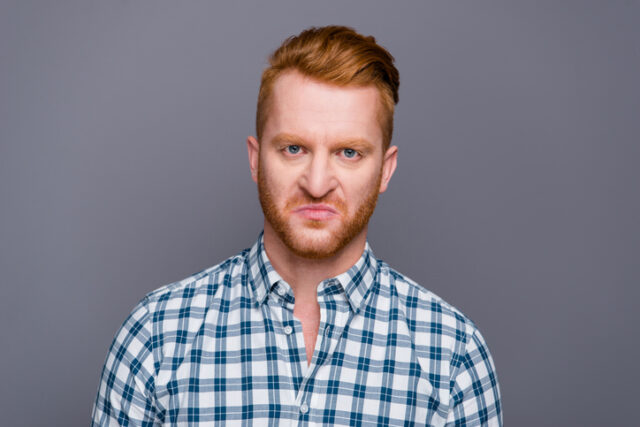
When attractive people are single, it’s seen as a choice or just bad timing. When you’re single, people assume there’s something wrong with you beyond your appearance. They might wonder if you’re too picky, socially awkward, or have some hidden personality flaw that’s keeping you alone. Your relationship status becomes a reflection of your worth as a person.
This judgement can pressure you into relationships that aren’t right for you, just to avoid the social stigma of being alone. People might also offer unsolicited advice about lowering your standards or being more open-minded, as if the problem is entirely on your end. Learning to be comfortable with being single when that’s genuinely the better option takes some serious confidence in yourself.
16. You develop a different kind of resilience.

Here’s something that’s actually positive—dealing with all of this stuff builds a type of resilience that more attractive people often don’t develop. You learn to handle rejection better, to find value in yourself that doesn’t depend on other people’s opinions, and to form relationships based on genuine compatibility rather than surface attraction. These are actually pretty valuable life skills.
You also tend to become more empathetic toward other people who face social disadvantages, and you develop a better radar for authentic versus superficial people. While you wouldn’t choose to be unattractive, the experience does teach you things about human nature and relationships that might make you a better person in the long run. It’s not exactly a consolation prize, but it’s something.




